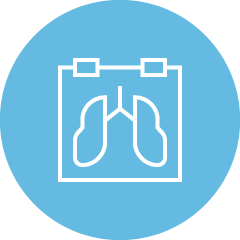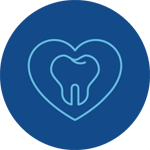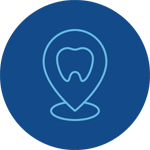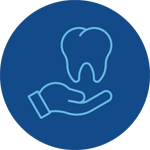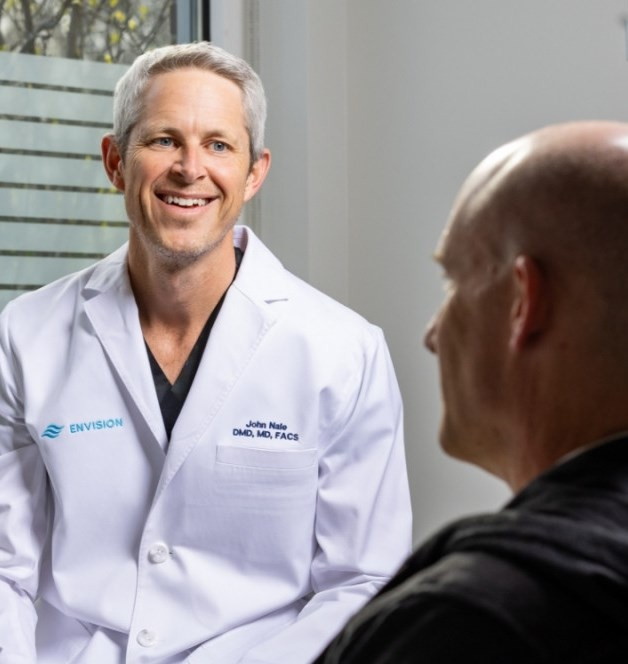
Symptoms of Sleep Apnea
Sleep apnea is a common disorder characterized by abnormal reductions in breathing while an individual is asleep. Studies estimate that around 30 million Americans have sleep apnea, yet only approximately 6 million have been diagnosed due to the difficulty in recognizing nighttime symptoms. If you think you have sleep apnea, keep an eye out for these warning signs and symptoms:
- Excessive fatigue and daytime drowsiness
- Gasping for air during sleep
- Waking up with a choking sensation
- Loud snoring
- Persistent headaches that last for hours after waking up
- Awakening with a dry mouth
- Difficulty staying asleep
- Irritability or frustration
- Reduced focus
The most definitive symptom is experiencing episodes where you stop breathing during sleep. Numerous factors contribute to sleep disorders, often related to a patient’s jaw structure. For this reason, anyone experiencing disordered sleep should consult an oral and maxillofacial surgeon (OMS). Through surgical or non-surgical intervention, an OMS can identify and treat conditions like insomnia and sleep apnea, giving you back control over your life.
Treatment Options for Sleep Apnea
The first step towards sleep apnea treatment is recognizing your symptoms and visiting an oral and maxillofacial surgeon for a comprehensive evaluation. Once we confirm this condition, we can build you a customized sleep apnea treatment plan that may include lifestyle changes, a PAP (positive airway pressure) machine, oral appliances, and surgery.




